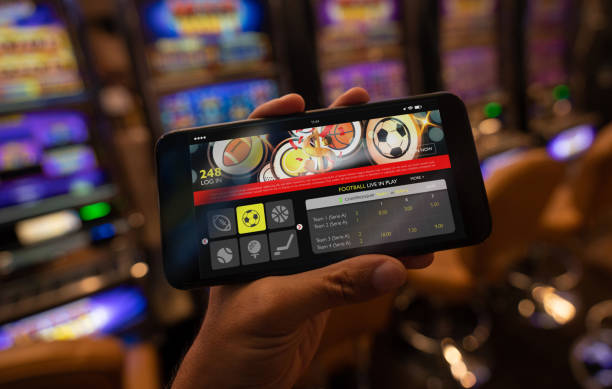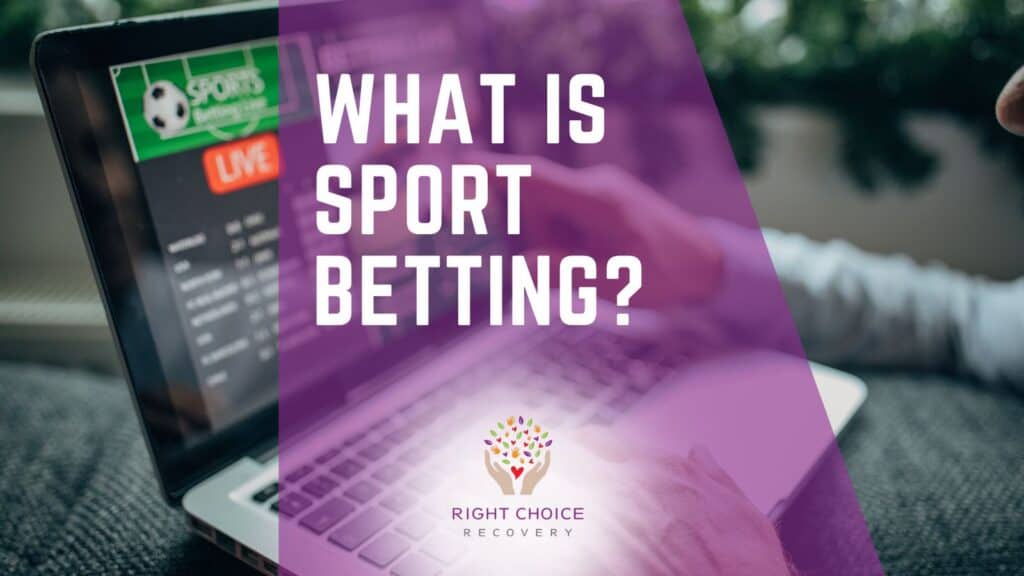
Gambling and Behavioral Psychology: An In-Depth Exploration
Gambling has long been a source of fascination and concern, not just for its potential to offer monetary rewards but for the psychological intricacies that underpin the behavior of gamblers. The interplay between gambling and behavioral psychology highlights how cognitive biases, emotional triggers, and social influences can shape gamblers’ experiences. For more insights into the gambling culture, visit Gambling and Behavioral Psychology jeetbuzz লগইন.
The Basics of Gambling Behavior
The act of gambling can be understood through various psychological lenses. At its core, gambling involves risk-taking behavior where individuals wager money or valuables on uncertain outcomes. The excitement and anticipation inherent in gambling can create a rush of adrenaline, often leading to a phenomenon known as the “gambling high.” However, this high can be misleading, as the brain’s reward system becomes overactivated by the thrill of potential wins.
Cognitive Biases in Gambling
Cognitive biases play a substantial role in how individuals engage with gambling activities. One of the most common biases is the “illusion of control,” where individuals believe they can influence or control the outcome of a game of chance. This can be seen in activities like poker, where players may assume their skills can overcome the randomness of the game. Similarly, the “gambler’s fallacy” leads individuals to believe that past events influence future outcomes, such as thinking that after a series of losses, a win is due. These biases can perpetuate non-rational decision-making in gambling contexts.

<h2*The Role of Emotions in Gambling
Emotions are profoundly intertwined with gambling behavior. For many, the thrill of gambling is accompanied by a rollercoaster of feelings—from joy and exhilaration during wins to despair and frustration during losses. Emotional responses can significantly influence betting patterns. Gamblers may chase losses, betting increasingly higher amounts in hopes of recovering previous losses, a behavior that is often referred to as “loss chasing.” This emotional rollercoaster is a key factor contributing to the development of gambling addiction, where the desire to escape negative emotions or enhance positive states drives individuals back to the tables or machines.
Social Influences on Gambling
Gambling is also a social activity that thrives on interactions with others. Social norms and peer influence can encourage individuals to participate in gambling behaviors. This communal aspect can normalize gambling, making it seem like a standard part of leisure activities. Furthermore, social environments such as casinos or betting establishments are designed to create an atmosphere of excitement and anticipation, often leading to increased gambling behavior. Lottery parties, and betting pools among friends, can further enhance the social and communal nature of gambling.
Understanding Gambling Addiction
Gambling addiction, or compulsive gambling, is a serious behavioral addiction that can have devastating consequences on individuals, families, and communities. Individuals who suffer from this addiction may exhibit several characteristics including preoccupation with gambling, a need to gamble with increasing amounts of money to achieve the desired excitement, and unsuccessful attempts to control or stop gambling behavior. Behavioral psychology provides valuable insights into the psychological mechanisms behind such compulsions, identifying triggers and underlying issues that contribute to gambling addiction.

Treatment Options for Gambling Addiction
Addressing gambling addiction often requires a multifaceted approach that includes cognitive behavioral therapy (CBT), group therapy, and support systems. CBT is particularly effective, as it helps individuals identify and change distorted thought patterns related to gambling. Support groups like Gamblers Anonymous offer community-based support where individuals share experiences and strategies for cope without gambling. Additionally, some individuals may benefit from medications that target specific psychological symptoms associated with gambling addiction.
Preventing Problem Gambling
Prevention is key to combatting problem gambling. Educational initiatives targeted at raising awareness about the risks of gambling and promoting responsible gaming practices are essential. Teaching individuals to recognize cognitive biases and emotional triggers can empower them to make healthier decisions regarding their gambling behavior. Establishing resources for individuals at risk—such as helplines and informative platforms—can further aid in fostering a culture of responsible gambling.
Conclusion
The complex relationship between gambling and behavioral psychology reveals a lot about human nature and decision-making processes. By understanding the cognitive, emotional, and social factors that influence gambling behavior, we can develop better strategies to mitigate the risks associated with gambling and support those in need. Ultimately, fostering awareness and providing educational resources are essential steps towards ensuring that gambling can remain a safe and entertaining activity rather than a path to addiction.

